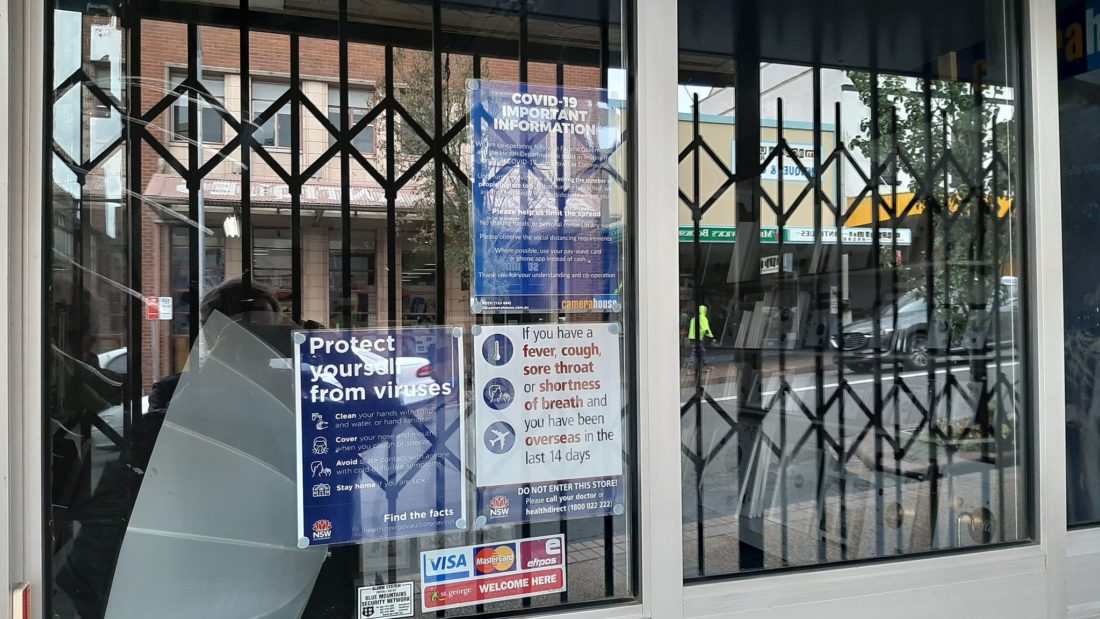
Modern Day Robber Barons Siphon Away Economic Impact Payments
By Paul Bland
Executive Director
It reads like a plot from a 21st century Charles Dickens novel: More than 40 million unemployed. Nearly 100,000 dead in the United States alone. 3.6 million homeowners unable to pay their mortgages. And, to add insult to injury, businesses snatching away money meant for food, housing and other necessities before the funds ever reach the families who need them most.
Sadly, it isn’t a work of fiction. It is modern day America, and it needs to stop now.
Earlier this year, Congress passed an historic relief package aimed at softening the devastating economic impact of the COVID-19 outbreak. Part of that legislation was a one-time payment of up to $1200 – known as an Economic Impact Payment – to individuals and families who would be most directly impacted by the economic downturn. The payments were supposed to help those struggling to make ends meet during the greatest economic downturn since the Great Depression. The total was, from the beginning, far short of what most families needed to survive: The $1200 total is the equivalent of an individual’s one-month take-home pay under the federal minimum wage of $7.25 an hour. Though it wasn’t as much as it should have been, this relief would help reduce hunger, and help some people stay in their homes, if it reached the people it was intended to reach.
But there was a catch: While many types of federal aid may not be seized by debt collectors – and if Steve Mnuchen’s Treasury Department had chosen to do so, these payments could have also been categorized in a way that would have barred debt collectors from seizing it – Treasury did not do that.
As a result, some people quickly saw their payments frozen and taken. Almost immediately, debt collection agencies began garnishing the funds to recover old debts, including unpaid medical bills, outstanding debts to payday lenders, and other amounts both small and large. All too often, debt collectors’ actions hit those who needed the Economic Impact Payment the most.
Indeed, the debt collectors stooped so low, and became so greedy, that they accomplished overnight what previously seemed impossible: They united many Democrats and Republicans in a bipartisan effort to stop their abhorrent behavior. Governors and Attorneys General of both parties – in states like Indiana, Maryland, Massachusetts, Ohio, Oregon, Rhode Island, and Washington – stepped in to block garnishment of payments to their states’ residents. But elsewhere, debt collectors’ theft continued and families found their bank accounts empty. As Washington Governor Jay Inslee pointed out, such garnishments “risk the life, health and safety of people who are impacted by the economic downturn … and are unable to pay for basic household needs.”
Now, a bipartisan group of U.S. Senators have stepped in to ensure the protections offered in some states extend to everyone. Senators Chuck Grassley (R-IA), Ron Wyden (D-OR), Sherrod Brown (D-OH) and Tim Scott (R-SC) have introduced legislation to prohibit debt collectors from garnishing payments, making clear that it was always Congress’s intention to help working families, not heartless corporations.
It is imperative that Congress immediately approve their proposal and stop the cruel tactics that are robbing vulnerable Americans of what minimal support the federal government has provided. If this legislation doesn’t pass, anyone who wants to defend against a garnishment action (for those people who even have the ability to do so) will have to go to court (and put their own health at risk in doing so) and wage a legal battle against the robber barons who have siphoned their money away. It is a nightmarish, and dangerous, prospect at a time when most Americans already have enough worries keeping them up at night.
Dickens himself once observed that, “The civility which money will purchase is rarely extended to those who have none.” Right now, in the midst of many people’s darkest moment, it is time to right that wrong.
Call the Capitol Switchboard at (202) 224-3121, or find your Senators online and ask them to support this emergency legislation to stop the garnishment of government payments to families struggling to survive.

